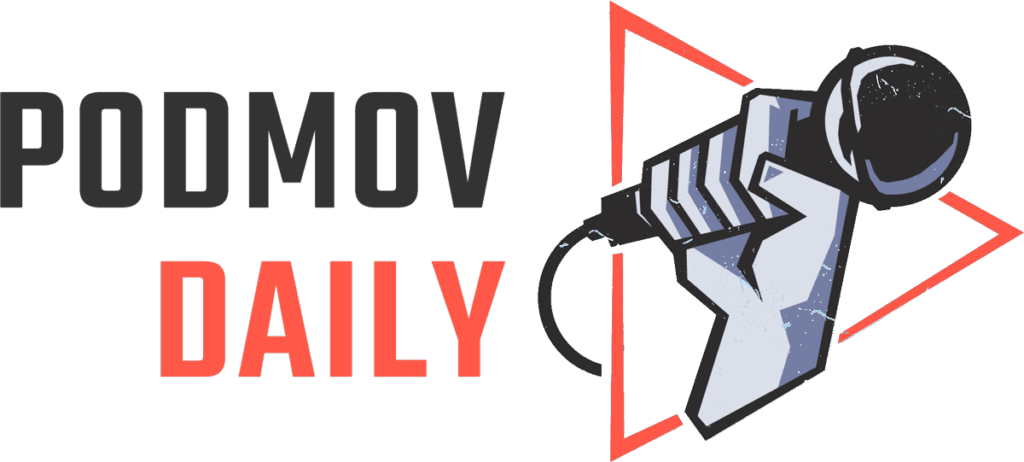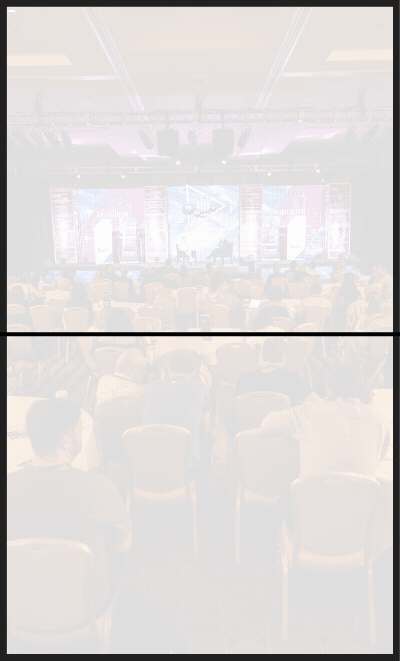
SPONSORED
BY



PodMov Daily: Monday, November 18
Episode 89: Your Monday Mix

Modern Love and Competition: The New York Times Plans Feature Documentaries
“The New York Times is making a move into movies,” writes Tim Peterson for Digiday. Since launching the TV show Modern Love based on its popular podcast (which was based on its famed newspaper column) The Times has set more ambitious plans in motion.
“The publisher aims to premiere at least two feature-length documentaries in the first half of 2020,” reports Peterson. “The documentary films will follow a slate of three shows that the Times premiered this year in an effort to round out people’s exposure to the publication.”
Peterson quotes Stephanie Preiss, the company’s executive director of TV and audio: “Our whole interest in television is about being in the living room, a place where Americans are spending hours a day and have been for decades […] When is more time of the day that The New York Times can get from you?”
West Michigan's Vibrant, Spooky and Artistic Local Podcasts
Matthew Russell, editor of UIX (Urban Innovation Exchange) Grand Rapids, has published the first in a two-part series on West Michigan’s local podcasters. Focusing on established shows like This Podcast is Haunted by Cate Reed and Jen Vos, Russell’s profile shares how area projects began and what makes them tick.
On This Podcast is Haunted, Reed and Vos “investigate the paranormal, unsolved, and other frightful tales, with diligent research and a little comedy mixed in.” After 60 episodes, it’s cultivated a fan base of listeners that are “exceedingly warm and polite to each other.”
The podcasters behind Super Hungry the Podcast and The Grand Cast describe their first encounters with podcasting, the shows that inspired them (including Snap Judgment and How Did This Get Made?) and what’s next. Russell’s companion piece will “explore the challenges faced by newcomers to the field.”
Kalki Koechlin, Host of The BBC's My Indian Life, Celebrates a Second Season
When Bollywood actor Kalki Koechlin was first asked by the BBC to host a podcast, she wasn’t interested. Then podcast commissioning editor Jon Manel provided names of some potential interviewees for the show.
“When I saw that list, something changed,” Koechlin told Ananya Bhattacharya of Quartz India. “There was a female ice hockey player, a male Muslim belly dancer. These are unique people doing things offbeat against the odds.”
This Saturday, November 23, the second season of My Indian Life returns, “which interviews unique Indians about their life stories.” The show is “all about being young and Indian,” counting many listeners in the Indian diaspora. This new season “looks at a vast array of topics from the Kashmir issue, space exploration, travelling across the country, and beyond.”


Happy Monday, readers, and here’s to learning. Thanks for sharing your hard-earned podcasting lessons on Twitter over the weekend. All hail the eraser, Ctrl + Z, humor, and forgiveness.
Cheers,
Team PM
Here's what else is going on:
- Magic mic: An exuberantly well-received live episode of Still Processing capped off Toronto’s Hot Docs Festival one week ago. That Shelf’s Victor Stiff writes that hosts Jenna Wortham and Wesley Morris effortlessly delivered their podcast’s “delicious blend of shade, indignation, and cultural insight” to the stage.
- Proven angle: Castbox founder and CEO Renee Wang spoke at TechCrunch in Shenzhen, China, about “learning from flourishing Chinese audio apps” and implementing their features in the United States. “Rather than compete directly” in terms of content, Castbox focuses on technology for a “unique user experience.”
- Stop watch: “Today, no one’s blog about cooking is leading to an A-list celeb endorsement, of course. But their podcast is,” writes Molly Beck for Quartz. Drawing from the timeframe of the blogging boom, Beck concludes that newcomers best get a move on: “You have three years (at most) to launch a podcast.”
- Unfamiliar face: In The New York Times Magazine, Jamie Lauren Keiles assesses perceived community and parasocial relationships — how “today’s fandom is more like a stateless nation” — in podcasting. Citing one show of many that “claims its own extended universe,” Keiles describes highly influenced listener subgroups.




Join the Movement